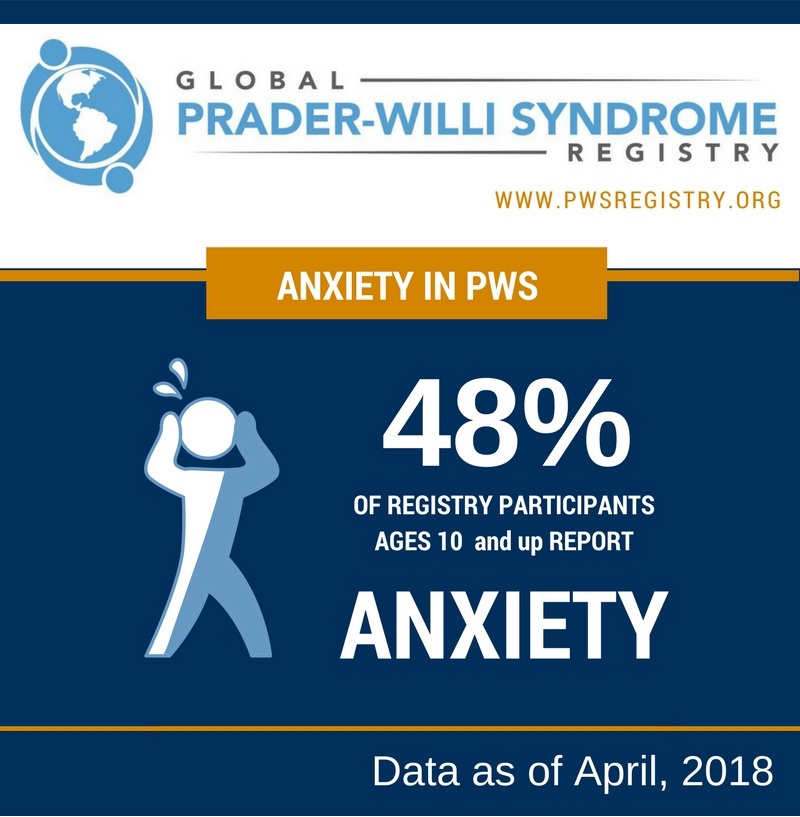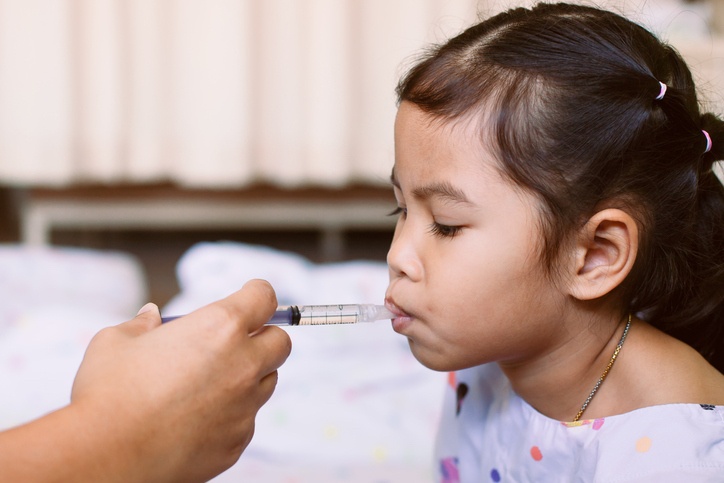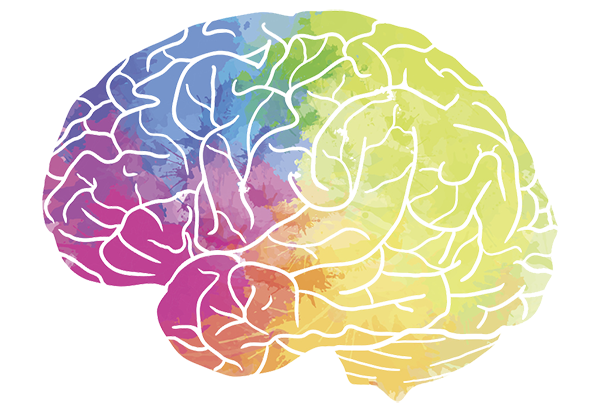Topics: Research
Soleno has announced the opening of their first clinical trial site for a Phase 3 study of DCCR to measure the drug's efficacy for treating hyperphagia in PWS. That site is Seattle Children’s Hospital.
A Phase 2 Study of intranasal oxytocin (IN-OXT) is now recruiting patients for an 8-week double blind study to evaluate the safety and efficacy in pediatric patients with Prader-Willi syndrome. Data from the study will add to the current knowledge th...
Topics: News
The Foundation for Prader-Willi Research announces our first round of Research Awards in 2018 totaling $615,000. FPWR is dedicated to supporting research that advances the understanding and treatment of Prader-Willi syndrome (PWS) and to that end, ha...
Topics: Research
Anxiety is a common challenge for our loved ones with PWS. Recently, we reviewed responses in the Global PWS Registry related to anxiety. According to registry respondents, anxiety is an issue for 48% of individual with PWS ages 10 and up.
Topics: Research
Saniona has announced it will continue its phase 2 study of Tesomet for Prader-Willi syndrome. Saniona is developing Tesomet as a potential treatment for PWS patients to help with weight-loss and reduce hyperphagia (excessive hunger). The study, whic...
Topics: News
INSYS Therapeutics recently initiated a Phase 2 clinical trial of its cannabidiol (CBD) oral solution for evaluation of safety and efficacy in pediatric patients with Prader-Willi syndrome. The INSYS study will measure the effect of the company’s pro...
Topics: News
It is an exciting time in PWS research, with multiple new clinical trials on the horizon this spring and through the end of 2018! There is already buzz throughout the community about upcoming studies, providing a wonderful opportunity for an open dia...
Topics: Research
FPWR is partnering with Autism BrainNet to collect and study post-mortem brain donations. Through this partnership, we aim to raise awareness about the importance of post-mortem brain donation, streamline the donation process for families, and enhanc...
Topics: Research
Many thanks to Dr. Wevrick for contributing to this blog. A newly published study has shown that mice taking a diazoxide treatment lost weight, and that this occurred even in mice lacking the PWS-region gene, Magel2. The study, which is the first lon...
Topics: Research















